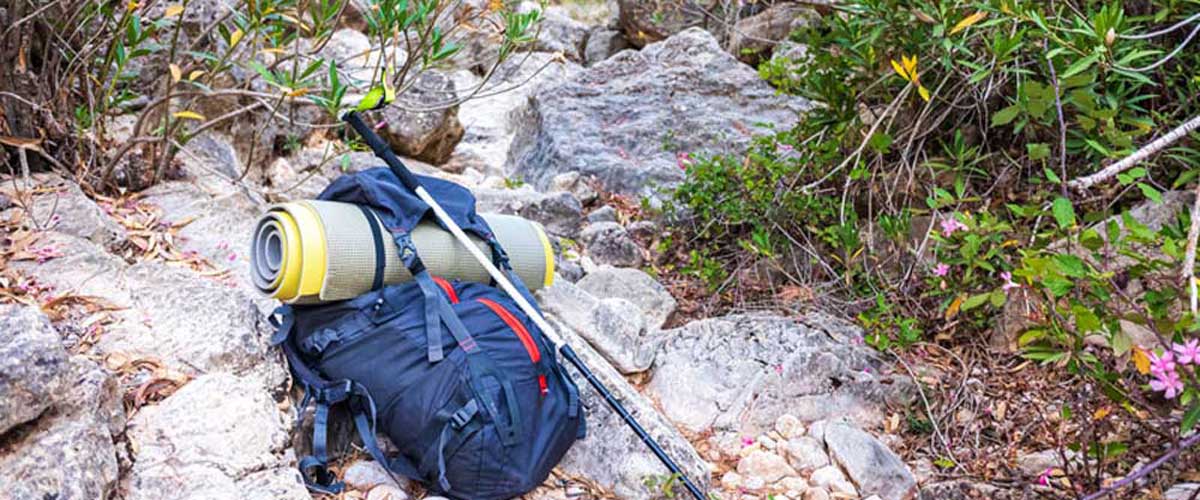
Hiking Safety

Hike Safe: Tips for Exploring New Hampshire's Trails
New Hampshire's breathtaking landscapes offer a plethora of hiking trails, ranging from gentle nature walks that meander through serene forests to challenging mountain climbs that reward adventurers with stunning panoramic views. With its diverse terrain, including lush valleys, rugged peaks, and crystal-clear lakes, the state caters to hikers of all skill levels and interests.
However, to ensure a safe and memorable adventure, it’s essential to prioritize safety and preparedness. Before setting out, familiarize yourself with he following tips to help you enjoy a safe and fun hike on New Hampshire's trails.


Before You Go
- Check Weather Conditions: Be aware of the weather forecast and adjust your plans accordingly. Avoid hiking during severe weather conditions like thunderstorms or heavy rain.
- Choose Trails Suited to Your Skill Level: Start with easier trails and gradually increase the difficulty as your experience grows.
- Inform Someone of Your Plans: Let a friend or family member know where you're going and when you expect to return.
- Pack Essential Gear: Bring essential items like water, snacks, a map, a compass, a first-aid kit, a headlamp, and a fully charged phone.
- Wear Appropriate Clothing and Footwear: Dress in layers and wear sturdy hiking boots with good traction.
- Stay on Marked Trails: Avoid venturing off-trail to prevent getting lost.
- Be Mindful of Wildlife: While encounters are rare, be aware of wildlife in the area, especially bears.
- Practice Leave No Trace Principles: Pack out all trash, minimize impact on the environment, and respect wildlife.
- Be Prepared for Changing Weather: Weather conditions can change rapidly in the mountains. Always be prepared for sudden changes in temperature and visibility.
- Know Your Limits: Don't push yourself too hard. If you're feeling tired or unwell, turn back.
- Navigate Responsibly: Use a map and compass, or a GPS device to navigate your way.
Emergency Preparedness
- Know How to Use a Map and Compass: Learn basic navigation skills to orient yourself if you get lost.
- Carry a Whistle: Use a whistle to signal for help if needed.
- Know How to Build a Shelter: In case of an emergency, knowing how to build a shelter can help you stay warm and protected.
Conclusion
By following these tips, you can enjoy the beauty of New Hampshire's trails while minimizing risks. Remember, safety should always be your top priority.

